
Unveiling the Truth about Dry Skin Acne: Myths vs Facts
- Introduction to Dry Skin Acne
- Debunking Common Myths about Dry Skin Acne
- Understanding the Causes of Dry Skin Acne
- How to Properly Care for and Treat Dry Skin Acne?
- Recommended Products for Dry, Acne-Prone Skin
- Lifestyle Changes to Prevent and Manage Dry Skin Acne
- The Importance of Consulting a Dermatologist
- Conclusion: Embracing Your Unique Skin Type and Finding What Works for You
Introduction to Dry Skin Acne
We frequently picture oily skin that is prone to blemishes when we think of acne. But acne can also affect people with dry skin, resulting in a condition called dry skin acne. In this article, we'll explore questions like: ‘Does dry skin cause acne?’ apart from busting myths, figuring out what causes it, and learning the best ways to take care of and treat this particular skin condition.
Debunking Common Myths about Dry Skin Acne
There are quite a few common myths associated with dry skin acne. Here we have discussed some of the most common ones:
Myth 1: Dry skin can't get acne
The most common misunderstanding regarding dry skin is possibly this one. All skin types, including dry skin, are susceptible to acne. In fact, having dry skin might make managing the condition more difficult because it can produce an excess production of sebum, which clogs pores and causes breakouts of acne.
Myth 2: Moisturising exacerbates dry skin acne
Many people with dry skin are under the impression that moisturising will make their acne worse. Actually, choosing the appropriate moisturiser can make all the difference. To moisturise your skin without clogging pores, choose non-comedogenic, oil-free moisturisers.
Myth 3: Dry skin acne is solely caused by poor hygiene
While hygiene plays a part in the multifactorial nature of acne, it is not the only cause. A number of variables, including heredity, hormone changes, and environmental effects, might contribute to dry skin acne.
Understanding the Causes of Dry Skin Acne
Understanding the root causes of dry skin acne is crucial for effective management. Here are some of the causes of dry skin acne:
1. Genetics
Regardless of their skin tone, some people are genetically predisposed to developing acne. You can be more prone to developing acne if your family has a history of the condition.
2. Hormonal Changes
Acne outbreaks can occur due to hormonal changes. Examples can include changes during puberty or menopause. The production of skin oil may also be impacted by these hormonal changes.
3. Harsh Weather Conditions
The skin can get dehydrated and lose its natural oils in dry and cold areas. Due to the skin's potential overreaction, acne on dry skin may occur.
4. Skincare Products
Acne and dry skin might worsen if you use skincare products that aren't appropriate for your skin type. Alcohol-based products and harsh cleansers can dehydrate the skin naturally.
Also Read: Different Types of Skin and Skincare Products to Be Used
How to Properly Care for and Treat Dry Skin Acne?
Wondering, ‘How to remove acne from dry skin?’ A moderate and regular skincare program is necessary to treat acne on dry skin:
1. Cleansing
Two times each day, gently cleanse your face with a light, moisturising cleanser. You should avoid using hot water.
2. Moisturising
To keep your skin moisturised without clogging pores, pick a non-comedogenic, oil-free moisturiser.
3. Spot Treatment
To treat acne breakouts, use topical medications with components like salicylic acid or benzoyl peroxide.
4. Sun Protection
Apply sunscreen every day with an SPF of at least 30 to protect your skin from UV rays. In order to avoid clogged pores, look for non-comedogenic solutions.
Recommended Products for Dry, Acne-Prone Skin
The Pink Foundry is one product line that has drawn recognition for its success in the acne care range. Our Clearing & Calming Acne Face Wash and Acne Care & Healing Gel Moisturiser with Tea Tree & Cica have dual abilities to nourish and treat acne. At The Pink Foundry, we make sure that all our products ensure holistic skin health.
Tea tree oil and cica, which are known for their anti-inflammatory and healing effects, are two ingredients in the Acne Care & Healing Gel Moisturiser with Tea Tree & Cica. This moisturiser fights acne-causing germs while soothing dry skin.
The Clearing & Calming Acne Face Wash cleans the skin gently without over-drying it. Salicylic acid, a crucial component for acne-prone skin, is used in it to exfoliate and unclog pores.
Lifestyle Changes to Prevent and Manage Dry Skin Acne
Along with skincare, making a few lifestyle adjustments will help prevent dry skin acne:
- To keep skin hydrated inside, one must consume enough water. Try to drink at least eight glasses of water in a day.
- Avoid picking or squeezing acne lesions because doing so can exacerbate inflammation and cause scarring.
- Include a healthy diet that is abundant in fruits, vegetables, and whole grains. Limit your intake of oily, sugary foods because these can make acne worse.
- Hormonal imbalances brought on by high stress levels can result in acne breakouts.
The Importance of Consulting a Dermatologist
Should your dry skin acne persist or deteriorate despite home remedies and over-the-counter medications, consulting a dermatologist becomes critical. A professional in this field can pinpoint the root causes of your condition and recommend tailored therapies. These may include prescription medicines or state-of-the-art skincare techniques.
Conclusion: Embracing Your Unique Skin Type and Finding What Works for You
Adopting an appropriate skin care regimen, making lifestyle adjustments and seeking expert advice all form crucial steps in addressing dry skin acne. It is imperative to let go of prevalent misconceptions, understand the causes of this condition and, most importantly, select skin care products suited for your specific skin type. Always remember, whether you possess dry or oily skin, embracing your unique complexion and learning what best serves its needs is key to attaining healthy, blemish-free skin.























































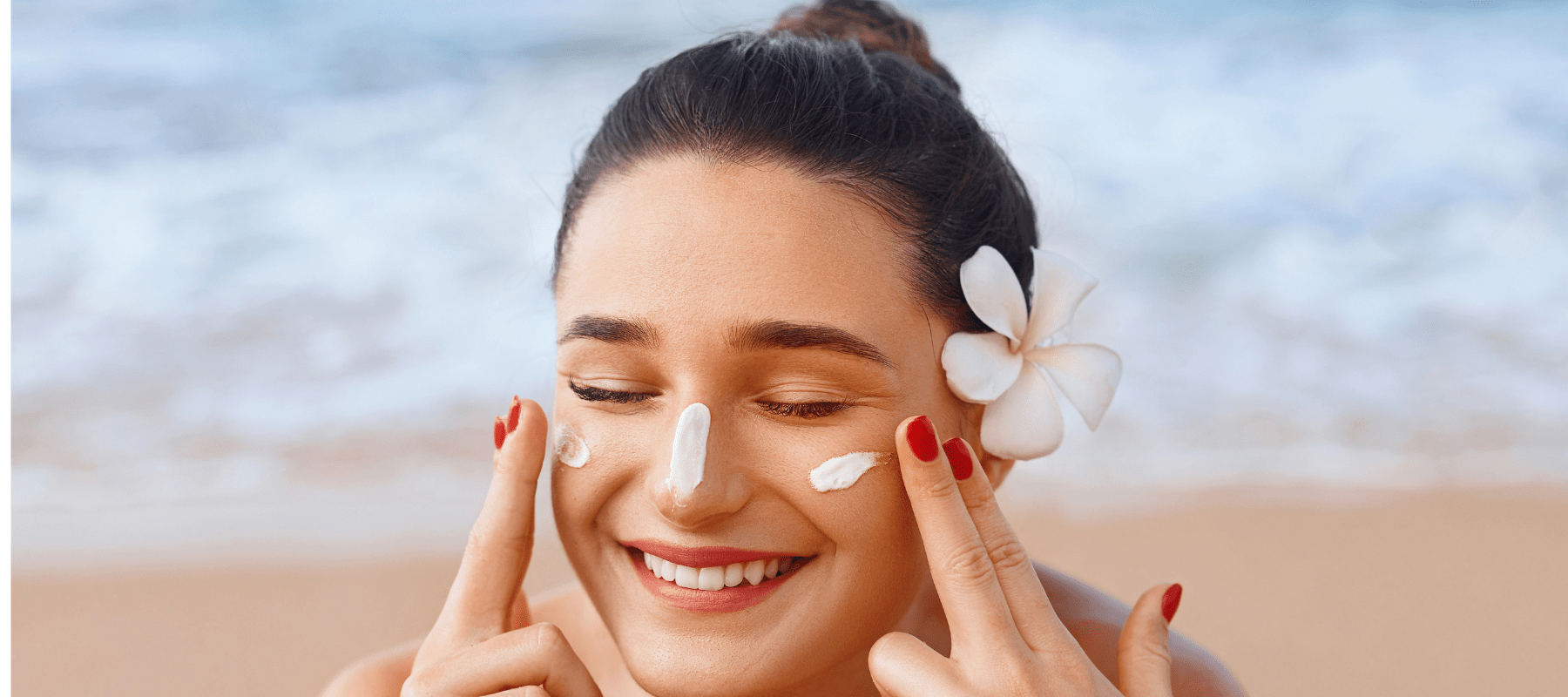

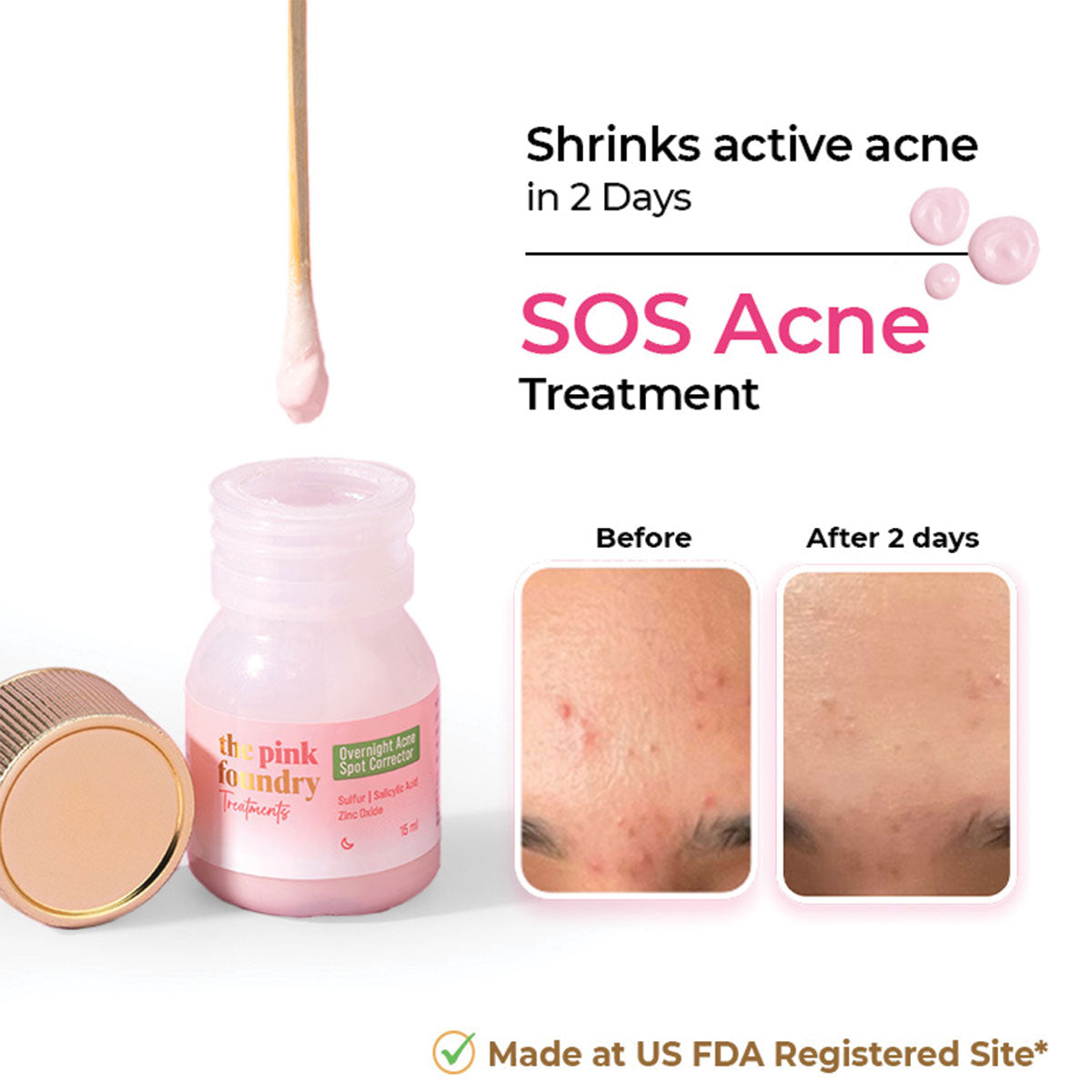
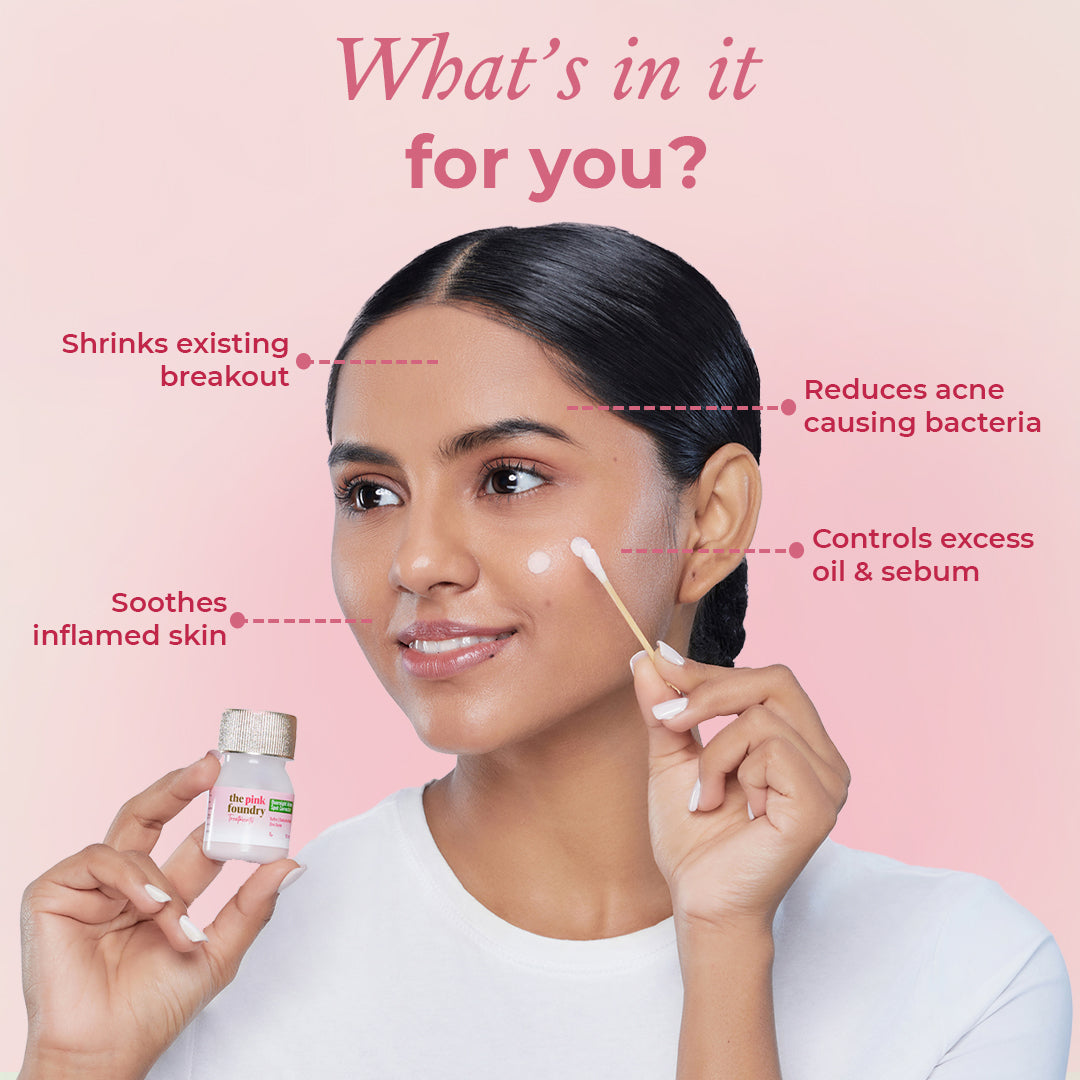


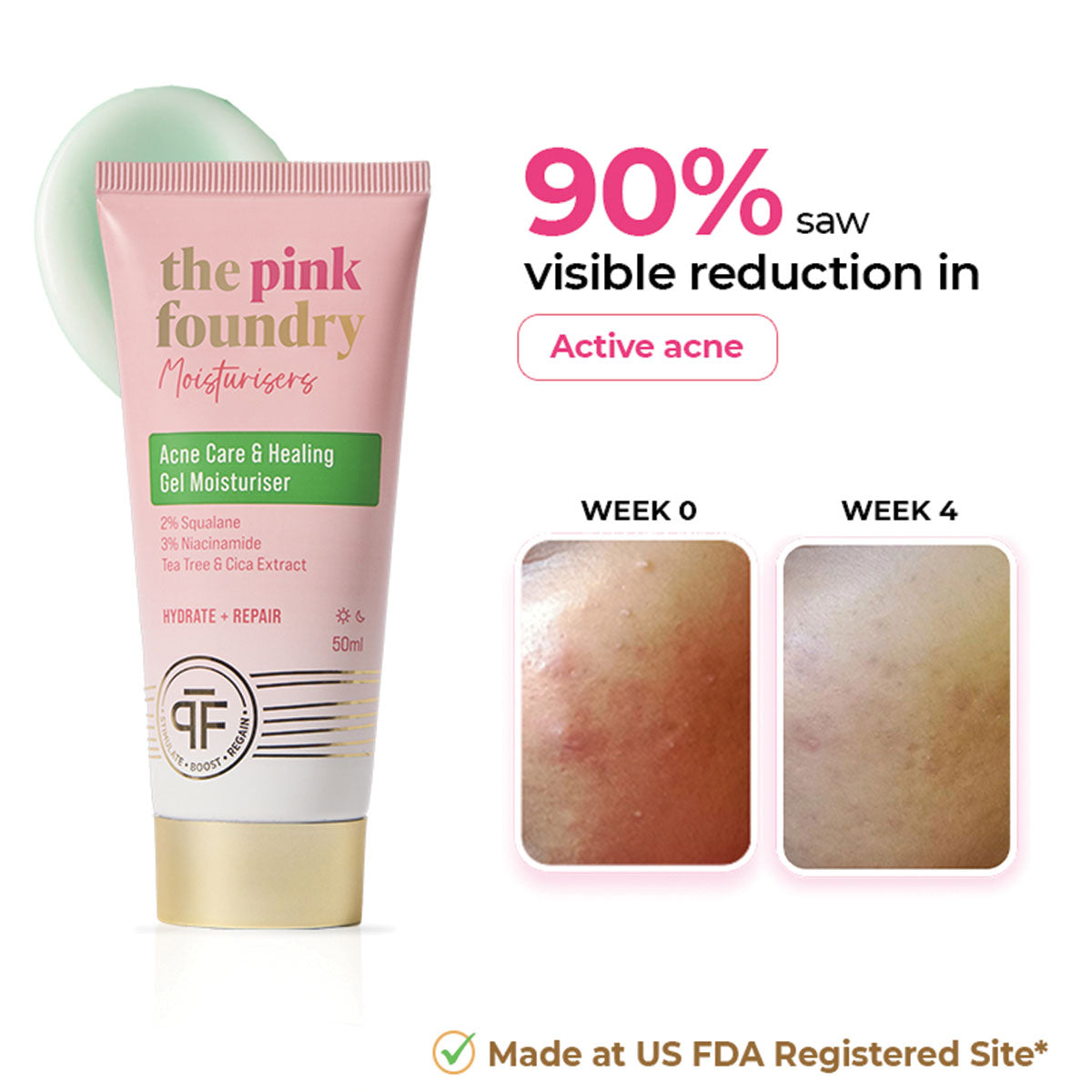
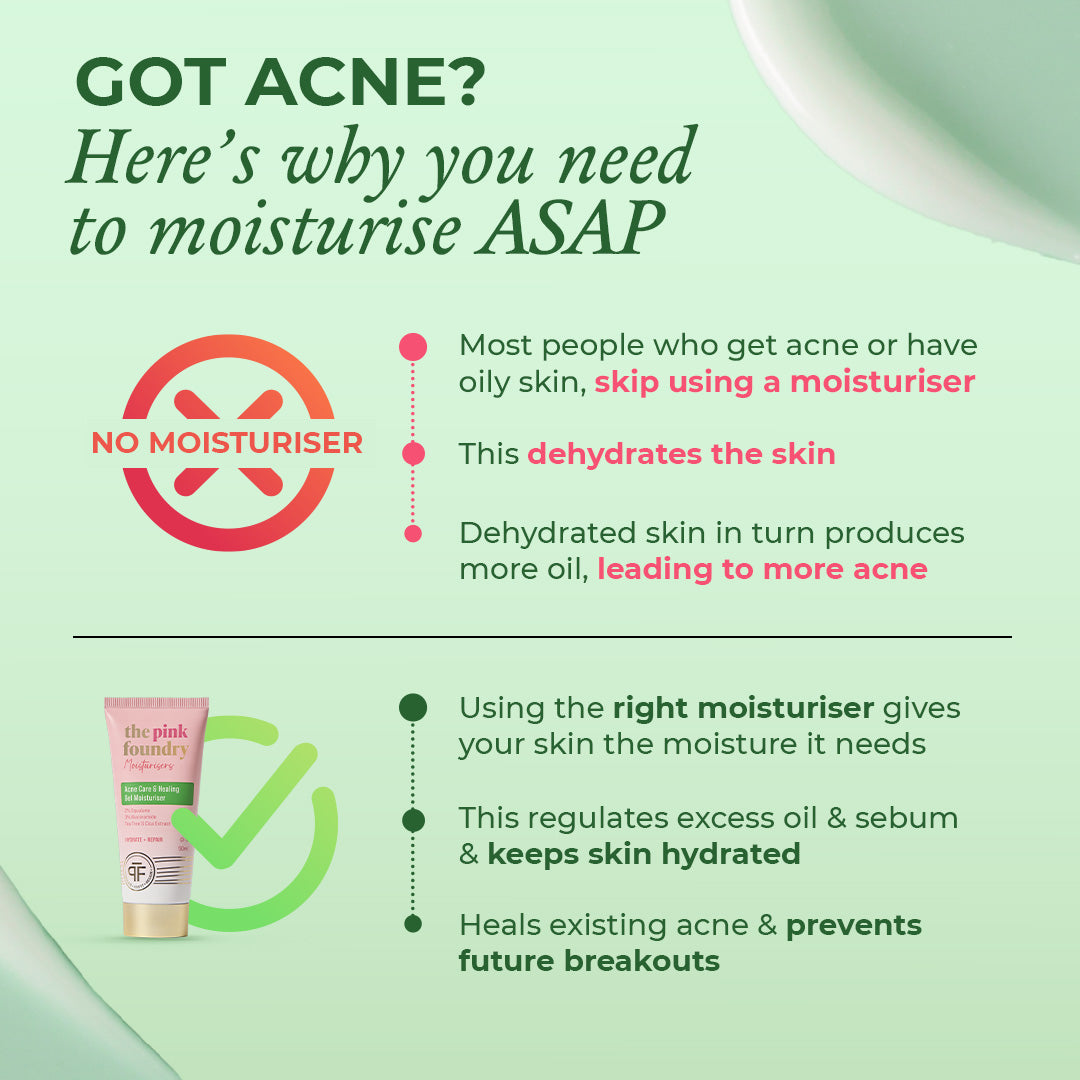










Leave a comment
This site is protected by hCaptcha and the hCaptcha Privacy Policy and Terms of Service apply.